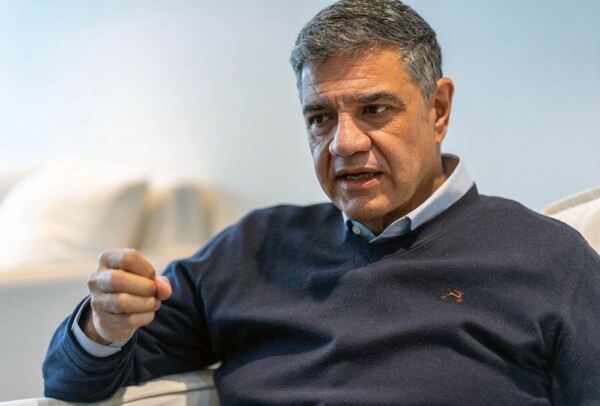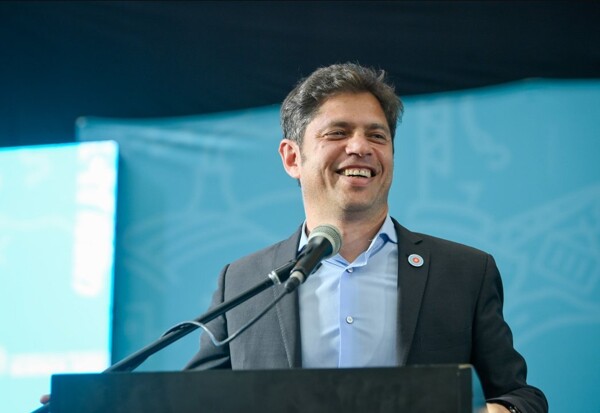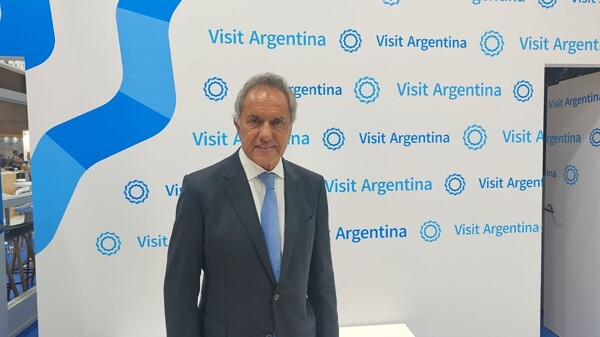
The president of the Inter-American Development Bank (IDB) praised Argentina's efforts to achieve growth and opportunities during a conversation with the Argentine president. He highlighted that the IDB will play a fundamental role in the infrastructure improvements the government plans to address, involving private capital in the process.
At an event in Washington, Javier Milei was the main figure and received the title of "Titan of Economic Freedom" from the Latin American community. The direction taken by Milei's government was praised, highlighting key decisions such as consolidation, initial devaluation, and the suspension of monetary financing of the budget, which have contributed to preventing a total crisis and moving towards macroeconomic stabilization.
Support for the new agreement with the IMF and the full backing of the United States are presented as determining factors for achieving solid growth in Argentina in the coming years. Praise continues from the International Monetary Fund, recognizing the growth of the Argentine economy and the progress made to stabilize it.
During his stay in Washington, Milei met with Kristalina Georgieva, managing director of the IMF, where they discussed the arrival of a delegation from the agency to Buenos Aires to finalize the details of the new agreement. This agreement is expected to help lift the exchange rate restrictions facing Argentina, which is one of the main demands of the IMF.
International support, mainly from countries like the United States, Italy, and France, suggests that the new agreement will be approved soon. Georgieva applauded the reform plan being carried out in Argentina and highlighted the support of the population for the economic measures.
Regarding the relationship with the IMF, the challenge is to ensure that the new disbursements do not deepen the country's exchange rate difficulties, seeking a balance between access to fresh funds and currency stability. It is expected that the new agreement will include a significant disbursement to facilitate a smooth transition.
Optimism prevails in economic projections, with GDP growth estimates of 6% for this year and 5% for the next. The Argentine government has managed to strengthen its credibility internationally, although challenges related to the elimination of exchange controls and the appreciation of the exchange rate persist. These issues will be key in negotiations with the IMF.
The relationship between Argentina and the International Monetary Fund has been complex over the years, with several agreements and challenges to overcome. International backing and praise for the economic progress have strengthened Argentina's position in the current negotiations. Georgieva emphasized the importance of continuing to advance quickly in the new program and reaffirmed the commitment to cooperation with the South American country.














